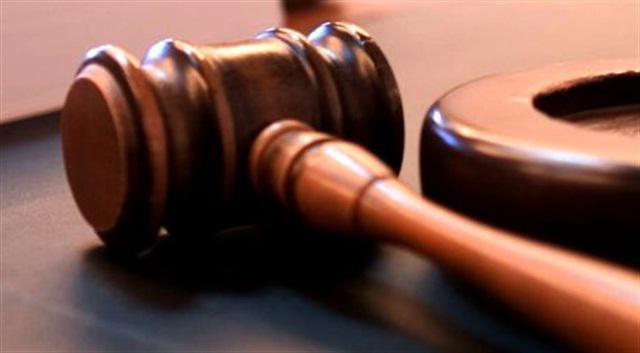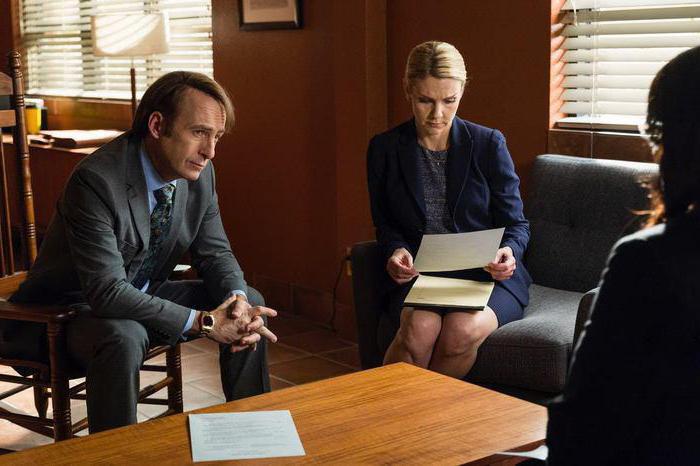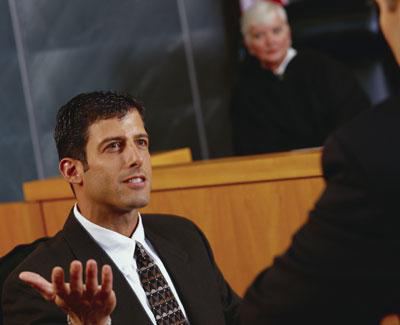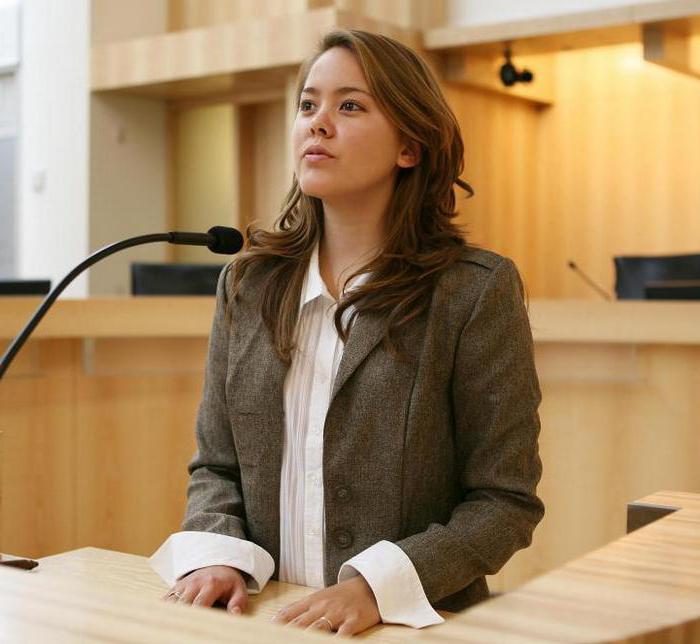Different subjects are involved in criminal proceedings. One of them is a witness. To obtain this status, a person must have a number of features. They are revealed in h. 1 tbsp. 56 Code of Criminal Procedure. The same norm establishes the rules for summoning a person for interrogation, and also establishes the circle of persons who cannot be involved in the indicated status in proceedings. Consider further Art. 56 Code of Criminal Procedure with amendments and explanations to them. 
Subject's Attributes
A citizen who is aware of any circumstances essential for establishing the truth in a criminal case is recognized as a witness. The question of whether a person can know about the facts related to the production is decided not by himself, but by the appropriate authorized body (the investigating authority or the court). To obtain information relevant to the case, the witness is called to testify. These investigative actions are carried out in accordance with the rules of Articles 187-191 of the Code.
Exceptions
Art. 56 Code of Criminal Procedure in the second part, it determines the circle of persons who cannot act in the status in question. These include:
- Judges, jurors. They cannot testify about the facts that they learned about as part of their participation in the proceedings.
- Advocate, attorney. He cannot provide information about which he learned in connection with the provision of legal assistance or as a result of applying to him for it.
- Priest. He cannot report facts that have come to light in confession.
- Members of the House of Parliament. Without their consent, information about which they learned during the exercise of their authority cannot be obtained.
- Officials of the Federal Tax Service. They cannot communicate information about facts that they learned from special declarations, as well as documents attached to them.
- Arbitrators. They do not testify about the circumstances that they became aware of during the proceedings.

Rights of the person
Art. 56 Code of Criminal Procedure (as amended)) establishes a number of legal opportunities for citizens involved in the production to obtain from them information relevant to the case. It is worth saying that the norm has significantly expanded the rights of individuals, in comparison with previous legislation. A citizen may:
- Refuse to testify against their relatives, as defined in Article 5 of the Code (Section 4), the spouse, as well as against themselves. If he agrees to provide information known to him to the investigating authorities, he is warned that it can be used in the future as evidence in the case. This rule will also apply in the event of a subsequent rejection of it.
- Report facts related to the proceedings in his or her own language.
- Take advantage (free) of the help of a translator or challenge him.
- Submit petitions, complaints about acts, inaction / action of authorized employees and bodies (court, prosecutor, interrogating officer and his superior, investigator).
- To appear for interrogation with a defense counsel, in accordance with the provisions of part 5 of article 189 of the Code.
- To ask for the application of measures provided for in part three of Article eleven.

In Art. 56 Code of Criminal Procedure an important guarantee is established for the citizen. According to part 4, a person cannot be subjected to compulsory examination, as well as forensic examination. The only exceptions are cases enshrined in article 179 of the Code (in part one).
Bans
They are fixed in the fifth part. Art. 56 Code of Criminal Procedure. It is prohibited for a person involved in the production to provide information known to him and relevant to the case:
- To evade the appearance of the call of the court, interrogator / investigator.
- Provide knowingly false information or refuse to communicate information known to him, except as otherwise provided by law.
- To divulge information about the preliminary investigation, which he was able to learn about as a result of participation in the proceedings. Responsibility for violation of this requirement occurs under the provisions of Art. 310. It is applied only if the previously authorized employee conducting the case has warned him about the need to maintain confidentiality of information in the manner prescribed by Article 161 of the Code. For the provision of knowingly false information, the subject is responsible under Art. 307, 308 of the Criminal Code. If a citizen evaded the call, authorized employees have the right to force-drive him.

Art. 56 Code of Criminal Procedure: Comment
As mentioned above, the decision on whether a citizen can know any circumstances about the crime event is decided by the authorized bodies. However, in some cases, it may be predetermined by other participants in the production. In particular, it may be a suspect, accused, victim, defense counsel, civil plaintiff / defendant or their representatives. They have the right to petition for a specific person to be questioned. Witness testimony at the same time, it must provide the necessary information.
Information Characteristic
Information on circumstances related to production is usually provided by prosecution witness. Corresponding facts should be understood as any evidence of evidentiary value. Moreover, such information must be obtained by lawful means. The law does not allow pressure on citizens, physical or other effects. Prosecution witness must report the data known to him exclusively voluntarily. However, he does not have the right to evade appearance if he was called by the court, the body of inquiry / investigation and other authorized persons. An important constitutional guarantee for a person is the ability to refuse to testify against relatives, spouse, as well as yourself. 
Judges and Jury
Art. 56 Code of Criminal Procedure excludes these persons from the circle of entities that may be involved in the proceedings in the status in question. They cannot provide information that they learned in the process of fulfilling their duties in the production process. Under such information, first of all, it is necessary to understand the facts related to the crime event, indicating the absence / presence of guilt and other data constituting the subject of evidence. In addition, judges and jurors cannot report on the circumstances of the case itself, including opinions expressed during the meeting. It is not allowed to report on the actions of production participants and third-party entities that they personally perceived or information about which they received from any other entities during the meeting and beyond. The establishment of this requirement is aimed at ensuring the independence of jurors and judges. They should not be afraid of imposing any sanctions on them in connection with participation in the proceedings, including those established for witnesses. 
Lawyers (advocates)
These faces, as indicated Art. 56 Code of Criminal Procedure, also can not be interrogated. The range of circumstances that the lawyer / defender cannot report is quite wide. These persons are forbidden to report not only facts related to the given proceedings, but also any other that became known to him as a result of applying to him for legal assistance or when providing it. The call and, accordingly, the interrogation of a lawyer about the circumstances of a new crime committed by a client, of which he was an eyewitness, will be considered unlawful. Moreover, the law provides for a reservation. It is not allowed to call and interrogate about these facts if the defender was present at the crime in connection with the provision of legal assistance to him.In addition, the lawyer cannot provide information that was obtained in the framework of the provision of legal advice before entering into criminal proceedings.
Nuances
Previously, the current legislation did not allow calling for questioning of citizens who, due to their physical or mental characteristics, could not adequately perceive the circumstances essential to the criminal case. It was believed that such persons were not able to give the correct testimony about the facts of significance. The corresponding provision was enshrined in Article 72 of the RSFSR Code. Art. 56 of the Code of Criminal Procedure of the Russian Federation does not contain such reservations. There is also no ban on calling interrogation of minors. The possibility of a conversation with them is determined taking into account the specific features of the case. Assessment of their reliability is given by the parties to the process, and finally - by the court. 
Constitutional guarantee
A citizen may refuse to testify against loved ones, as well as against himself. The circle of relatives consists of adoptive parents, spouse, sisters / brothers (siblings), children and parents, grandchildren, grandparents. The opportunity not to testify against relatives and oneself is not limited solely to the right to refuse to answer questions that are directly incriminating in nature. It also applies to information about any other circumstances that can be used indirectly or directly against the interests of relatives or the citizen himself. The right to refuse to testify does not mean that the investigator should not ask relevant questions, and the interrogated person should not answer them. When considering this issue should take into account the nuance. Legislation does not establish a person’s right not to testify against other relatives. For example, about a subject living with a citizen in an unregistered marriage, a child born in him, if information about his father is not indicated in the birth certificate.